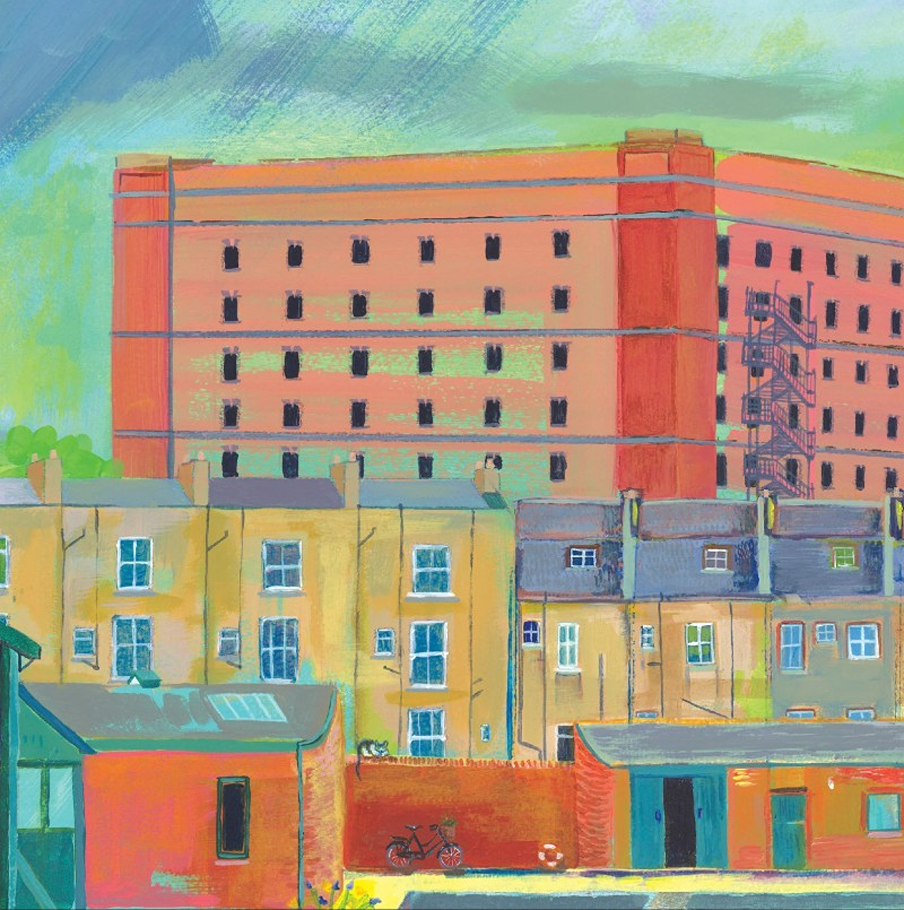Addressing the Myths About Homelessness

Around 250,000 people in the UK are currently homeless. This includes rough sleepers, people staying in homeless hostels, people staying in temporary bed-and-breakfast accommodation and so-called sofa surfers (staying with friends, while they find somewhere more settled).
And of course, many homeless people have canine companions too. Read our post on how to help homeless people with dogs.
Our homelessness tag deals with solutions to help people who are homeless, or at risk. This post is more to encourage understanding and empathy, as there are so many myths on why people become homeless.
If we are going to prevent homelessness (and it can be done – Finland and Denmark have both almost reached their target of ‘zero homelessness), then it’s important to forget myths perpetuated by some politicians and parts of the media.
And learn the main reasons why people become homeless. As often they are not what you think. And possibly a lot closer to home, than you would like to think. We’re talking not about people who drink methylated spirits on the street. But more about rising rent costs, and lack of affordable accommodation.
Read They Just Need To Get a Job, a book of 15 myths to dispel, written by someone who works with homeless people, and wishes to counteract the wrong information, that most rough sleepers are there, due to causing their own problems.
Making it so you don’t have to look at homeless people, isn’t a solution to homelessness. Sara Luterman
Homelessness Is Not Always ‘Poor Choices’
Sometimes it could be. But often it’s due to life simply crashing down on someone. Being widowed or divorced, mental health issues or even escaping from domestic abuse.
Becoming ill or disabled can drain someone’s savings very quickly. Especially if health issues interrupt work and income.
Unaffordable Rent or Mortgage
This is a main issue. Today rents are sky-high, so people have to spend a far bigger portion of their income on paying for accommodation. This is often due to the landlords having sky-high mortgages (thanks to that budget a few years back).
Now in order for landlords to keep their own home, they sometimes have to charge a higher rent, to keep up with mortgage payments. If not, then they may not be able to afford the mortgages on their own homes. So it could end up with two people homeless.
Poor Rights for Renters
Unlike in Germany and Italy (where renting is the norm), in England there is little regulation to protect tenants from exploitative landlords.
Most are likely fine, but the housing charity Crisis wants a Local Housing Allowance, so tenants receive help to match higher rents. And get more protection from eviction.
No Help to Find Work
Apart from having to phone in to say they have searched for work, the system does not really offer much incentive or help homeless people. He or she will need help for travel costs, showers and interview clothes, even before applying for a job.
But if someone has no access to any of these, it’s unlikely that person is going to come off benefits, and get a job that pays enough to rent a home.
Not Claiming Benefits
Homeless people can claim benefits (usually Universal Credit), giving the address of a family member or friend, or a local hostel or job centre. Having this income helps pay for food (and pet food), interview clothes, and accommodation deposits.
People without a bank account can use the government’s Payment Exception Service to collect benefits from a local post office or PayPoint outlet.
The media make out that people claiming benefits are all sitting at home watching large-screen TVs. In fact, most unclaimed benefits are from the vulnerable in society who often don’t have access to the Internet – including homeless people, older and disabled people.
Homelessness Does Not Just Affect Single Adults
Many homeless people are entire families, children often hidden from the media soundbites of ‘the average homeless person’. Many of these families are escaping domestic abuse situations. Read our post on help for domestic abuse (including help for pets).
Sometimes you also have teenagers and young adults fleeing from unsafe homes. You can even have couples living in cars with full-time jobs, they just cannot afford local rent prices.
Homeless People Do Indeed Want Help
If you spent your nights on a freezing cold street with no money or food, no warmth or comfort – and people judging you, you would not want your life to continue like that. It’s cold, boring and dangerous.
Don’t believe that ‘homeless people choose to live this way’. Only a tiny minority do. Most would love to be given a helping hand to find a job, income and safe stable home.
Many homeless people are urinated on, get attacked or robbed, and are often shunned by society. Who would want to live this life?
Most homeless people in England, due in their late 40s. Some due to alcohol and drugs. But more due to hypothermia or other illness, or simply lack of self-care.
People who are homeless are not social inadequates. They are people without homes. Sheila McKechnie
Not All Homeless People are Addicts
We all hear that homeless people are sitting on the street, drinking a bottle of whisk. For a start, most people sleeping rough could never afford it. And if you were freezing cold on the streets, you likely would take a dram or two yourself, so never judge.
It is true that around a third of homeless people struggle with addiction or mental illness, or both. But nearly all of them would take up help, if offered.
Not everyone who’s homeless is a drug addict. Some are normal people who’ve been knocked down, and it can happen to you too. Sherrilyn Kenyon






